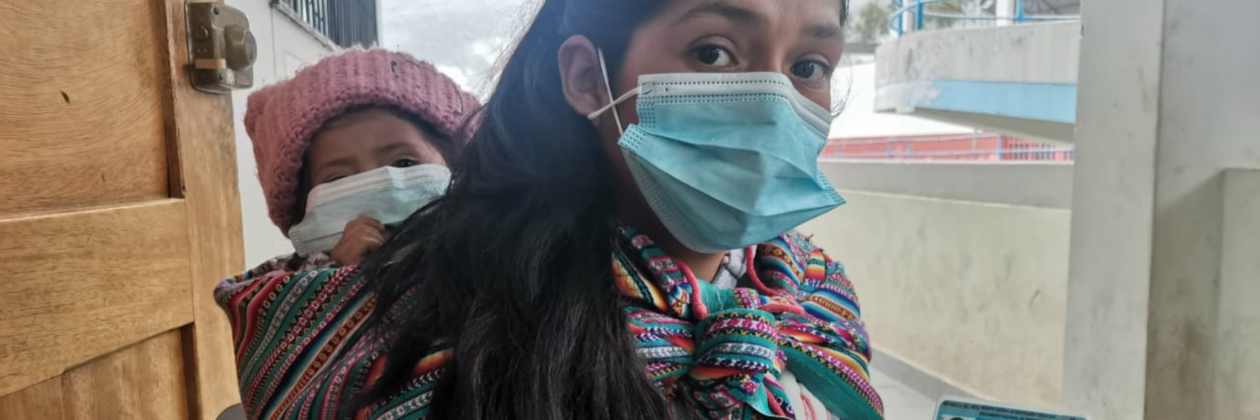
Engaging Indigenous Peoples in Elections
Identifying International Good Practices through Case Studies in Guatemala, Kenya, and Nepal
About 5 percent of the world’s population identify as Indigenous, including more than 5,000 cultures that speak over 4,000 languages. The first global report on Indigenous Peoples and elections since the adoption of the United Nations Declaration on the Rights of Indigenous Peoples, “Engaging Indigenous Peoples in Elections: Identifying International Good Practices through Case Studies in Guatemala, Kenya, and Nepal” is a collaboration of the Endorois Indigenous Women Empowerment Network (EIWEN – Kenya), Fundación Guillermo Toriello (FGT – Guatemala), the National Indigenous Disabled Women Association Nepal (NIDWAN), and the International Foundation for Electoral Systems (IFES).
Developed with support from the Swedish International Development Agency (Sida) and the United States Agency for International Development (USAID), the report provides new insights into the political life of Indigenous Peoples globally, grounded in primary source evidence from Guatemala, Kenya, and Nepal, as well as interviews with international experts. A collaboration between IFES and Indigenous Peoples Organizations, the report includes recommendations for duty-bearers such as election management bodies (EMBs) and rights holders.
The report contains sections on international human rights frameworks; voter registration; voter education; polling; representation, candidacy, and leadership; and intersectionality and indigeneity. Barriers experienced globally by Indigenous Peoples are provided for each section, for example:
- Exclusion of traditional and customary Indigenous institutions from state decision-making;
- The need to travel long distances or through difficult terrain to register;
- Lack of information about elections in Indigenous languages, including Indigenous sign languages;
- Polling stations often inaccessible to Indigenous persons with disabilities and lack assistive devices for voting, reducing access to secret balloting;
- Discrimination against Indigenous candidates;
- Scant representation of Indigenous Peoples, including Indigenous persons with disabilities, Indigenous women, and young Indigenous persons, in local and national legislative offices.
Download the full report
Authors
Rebecca Aaberg
Pratima Gurung
Christine Kandie
Lin Valenzuela Méndez
María Velásquez Xón






